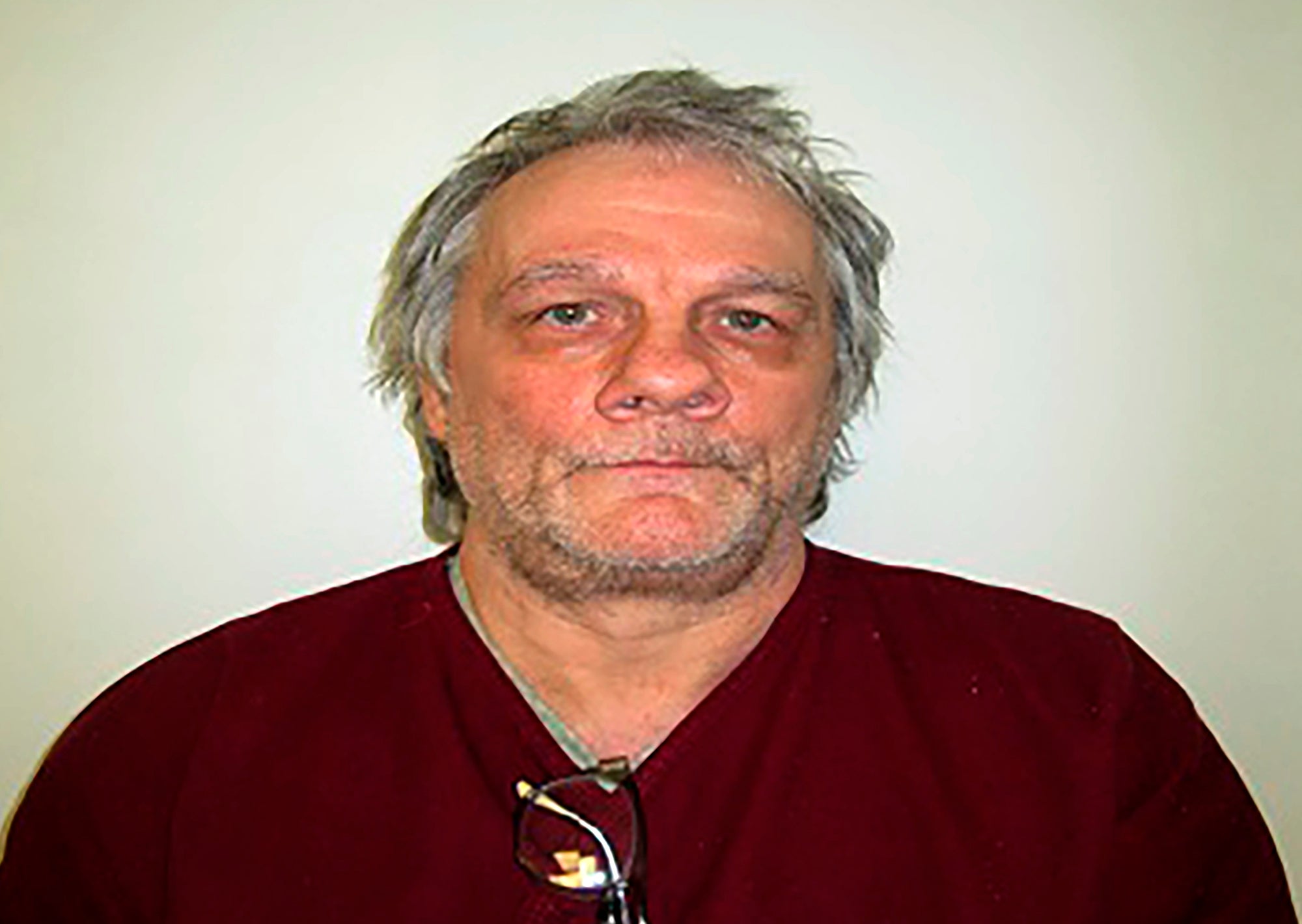Oklahoma judge stays Jan. 6 execution for competency hearing
A state court judge in Oklahoma has granted a temporary stay of execution for a death row inmate convicted of killing a security guard during a 2004 bank robbery in Tulsa

Your support helps us to tell the story
From reproductive rights to climate change to Big Tech, The Independent is on the ground when the story is developing. Whether it's investigating the financials of Elon Musk's pro-Trump PAC or producing our latest documentary, 'The A Word', which shines a light on the American women fighting for reproductive rights, we know how important it is to parse out the facts from the messaging.
At such a critical moment in US history, we need reporters on the ground. Your donation allows us to keep sending journalists to speak to both sides of the story.
The Independent is trusted by Americans across the entire political spectrum. And unlike many other quality news outlets, we choose not to lock Americans out of our reporting and analysis with paywalls. We believe quality journalism should be available to everyone, paid for by those who can afford it.
Your support makes all the difference.A state court judge in Oklahoma granted a temporary stay of execution on Monday for a death row inmate convicted of killing a security guard during a 2004 bank robbery in Tulsa
Pittsburg County Associate District Judge Tim Mills issued the stay so that a competency hearing can be held for 60-year-old Wade Lay. Lay and his son, Christopher, were convicted in the shooting death of bank guard Kenneth Anderson, 36.
Christopher Lay received a life-without-parole sentence, while Wade Lay was sentenced to die.
Lay was scheduled to be executed on Jan. 6, but after a hearing before Mills last week, the judge determined there was “good reason” to believe Lay is not competent to be executed. Lay’s attorney Sarah Jernigan has said Lay has a decadeslong history of severe mental illness, including schizophrenia and delusions.
“Wade Lay believes he is being executed as part of a vast government conspiracy aimed at silencing him," Jernigan said in a statement. “The court correctly found sufficient concern about his competency to warrant a trial, and ensured that he will not be executed while incompetent by granting a stay until the trial can be conducted.”
Dr. Richart DeMier, a forensic psychologist who interviewed Lay in September, determined Lay lacks a rational understanding of the basis for his execution. DeMier reported that Lay's delusions center on the idea that there is a conspiracy among the courts and his attorneys to silence him so that his ideas about the U.S. Constitution and the government won't reach the public.
“In Mr. Lay’s mind, his knowledge coming to light would have an undeniably persuasive effect causing the existing order to topple, therefore, powerful and wealthy individuals, including judges, have good reason to ensure he is silenced and maintain the status quo favorable to them,” DeMier reported, according to a court brief.
A spokeswoman for Attorney General John O'Connor did not immediately respond to a request for comment on the stay. But attorneys for the state did not object to an order staying Lay's execution, according to court filings last week.
In interviews with The Associated Press last month, Lay didn't deny his involvement in the killing and said he's a “rational person who has a good mind."
But he also said he believes his attorneys, prison workers and a federal judge are conspiring against him and that he suspects the state's executioners will try to intentionally torture him.
He also said he planned to use his opportunity to address the state's Pardon and Parole Board during his upcoming clemency hearing to detail to them and the public about the conspiracy against him. The hearing was set for Dec. 15 but is expected to be rescheduled.
“I’m not going quietly, because I’m not mentally ill," he said in a telephone interview.
Under Oklahoma law, a 12-person jury must decide if an inmate is competent to be executed, and the next Pittsburg County jury call is after Lay's scheduled Jan. 6 execution.